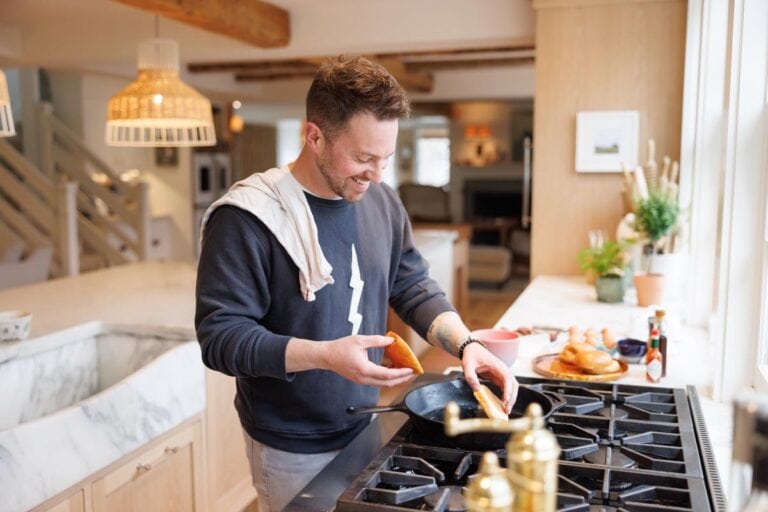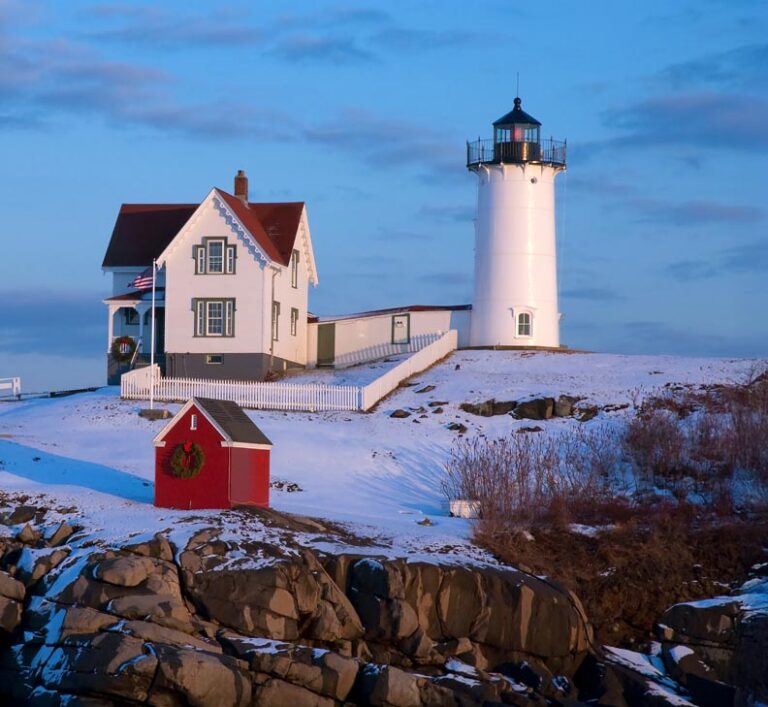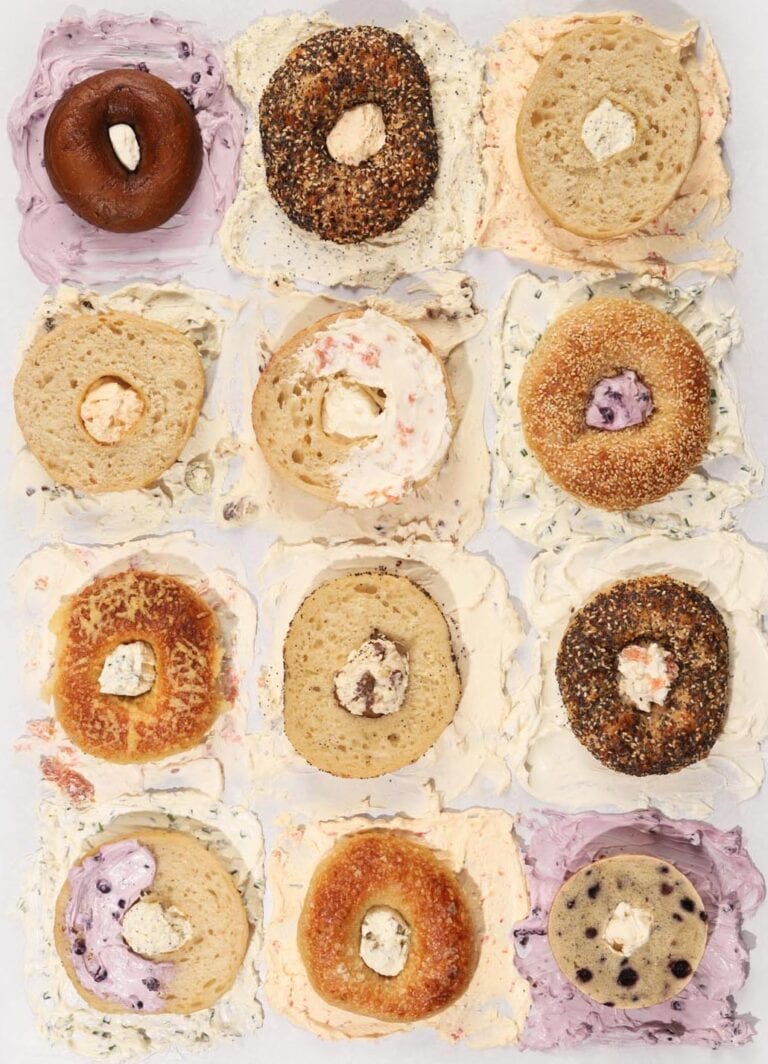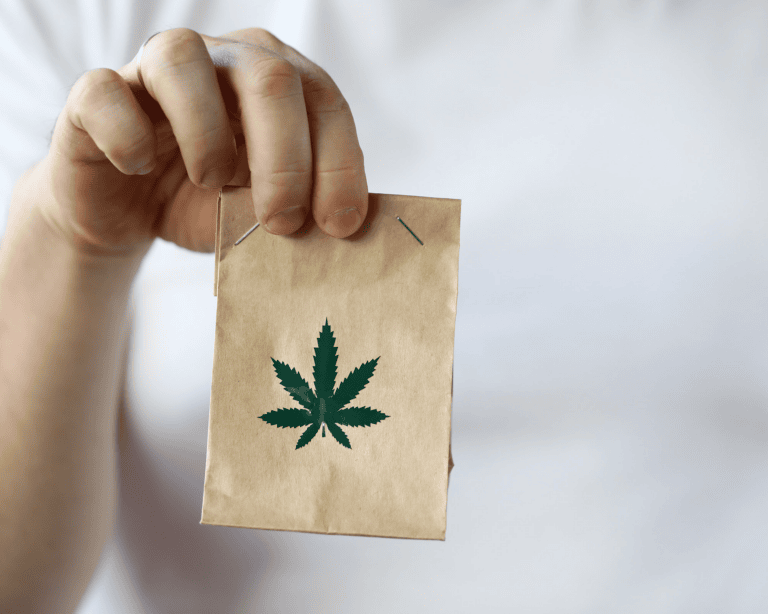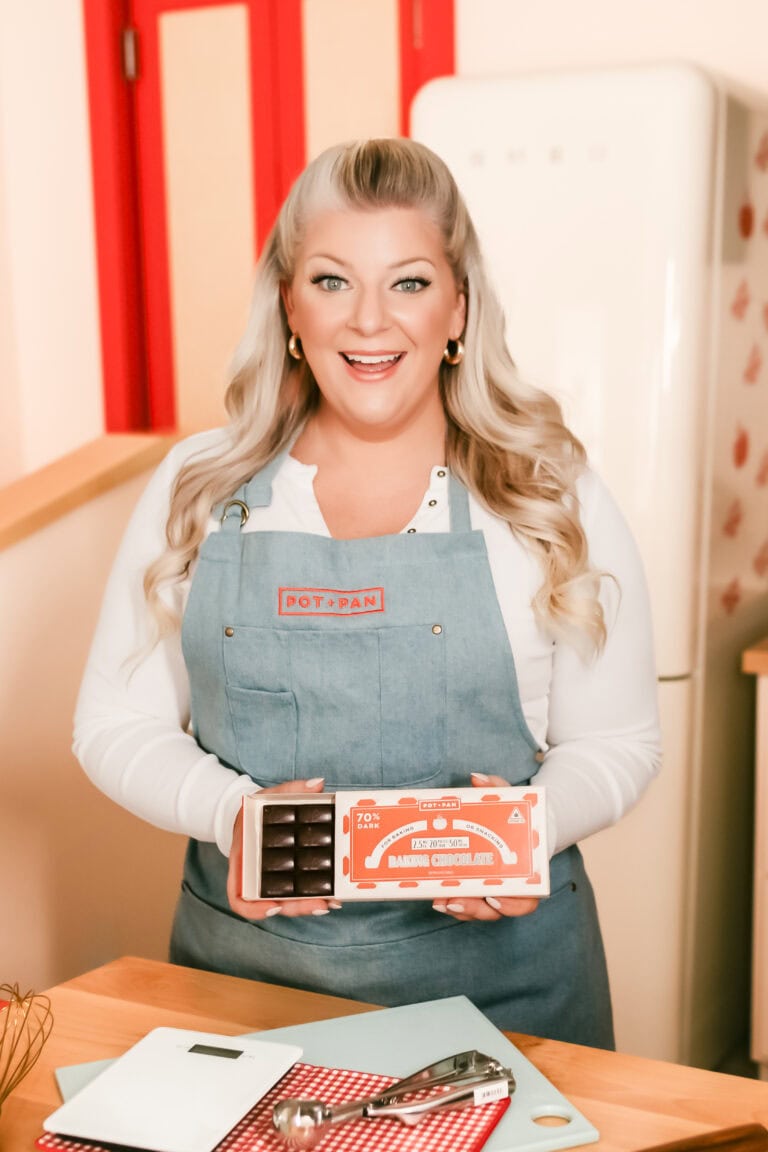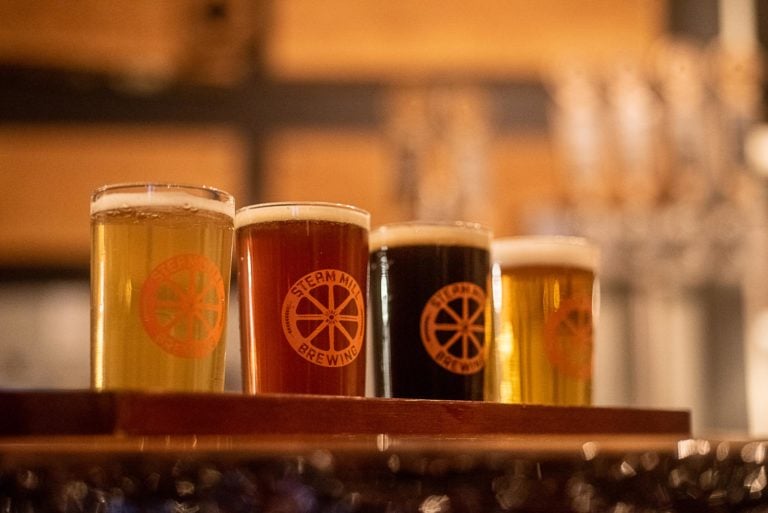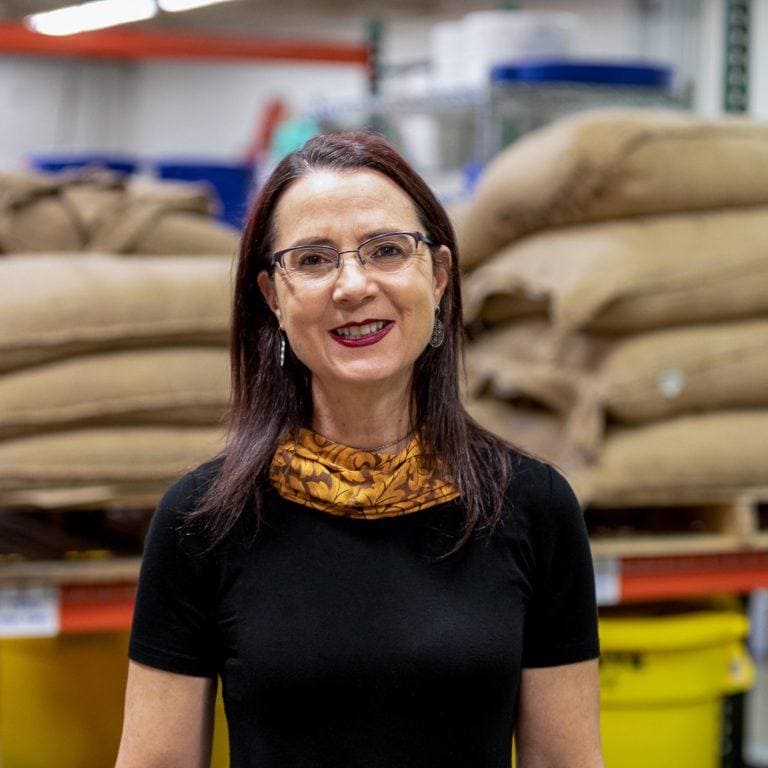Maine is known for a lot of things—rocky coastlines, lobster rolls, a fierce independent streak—but perhaps its greatest asset is one most of us take for granted: water. The state boasts some of the country’s cleanest, freshest drinking water. Yet, until recently, finding a local, sustainable bottled water option was about as rare as a Mainer admitting they’re cold. Enter mainelove, the homegrown brand that’s giving the hydration game a much-needed glow-up—one infinitely recyclable can at a time.
At first glance, mainelove looks like just another trendy canned beverage, but don’t be fooled. This is no gimmick. The brand was founded with a simple yet revolutionary idea: take Maine’s pristine water, package it responsibly in aluminum (which can be recycled over and over again), and offer a cleaner, more ethical alternative to the billions of plastic water bottles that clog our landfills and oceans. In other words, it’s not just about quenching thirst—it’s about changing habits.
And let’s be real—if any state is going to take on plastic waste, it’s Maine. This is a place where people think twice before tossing a lobster shell in the trash (because composting exists, people). mainelove is tapping into that ethos, making it easier for locals and visitors alike to make an environmentally smart choice without sacrificing convenience.
But beyond the clever branding and good intentions, the product itself delivers. The water is crisp, clean, and undeniably refreshing—like drinking straight from a hidden woodland spring (without the hassle of foraging through the forest). Whether you’re packing for a hike in Acadia, stocking your fridge, or just looking for a way to stay hydrated without guilt, this is water with a conscience.
mainelove isn’t just a brand; it’s a movement. A simple, practical way to do better for the planet while enjoying some of the best water in the world. And if there’s one thing Mainers love, it’s a product that speaks their language: local, sustainable, and no-nonsense.






